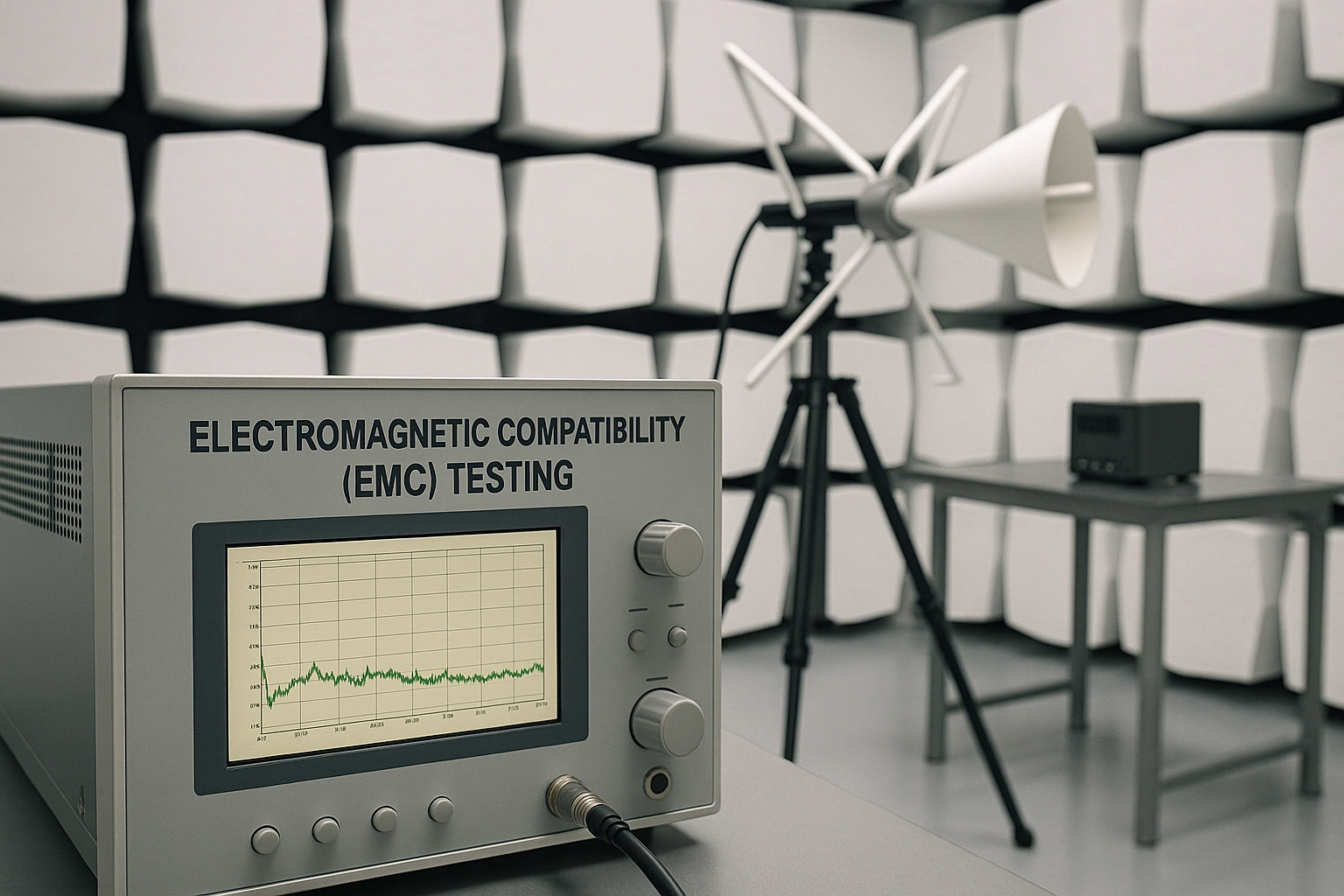IEC 62196 4 Charging Connector EMC Performance Test
The IEC 62196-4 standard provides a framework for testing the electromagnetic compatibility (EMC) performance of charging connectors used in electric vehicle (EV) and plug-in hybrid electric vehicle (PHEV) applications. This standard ensures that these connectors operate reliably within specified EMC limits, thereby maintaining safety and functionality during charging operations.
The IEC 62196-4 EMC test evaluates the connector’s susceptibility to electromagnetic interference (EMI), ensuring it does not emit excessive emissions or suffer from interference that could impair its performance. This is critical for both the safety of the vehicle and the integrity of the charging infrastructure. The test covers a range of frequencies, typically between 10 kHz and 80 MHz.
The testing process involves subjecting the connector to various EMC scenarios, such as radiated emissions tests (TEMPEST) and conducted emissions tests (EMI). In TEMPEST, the connector is exposed to electromagnetic fields within a test chamber. The conducted emissions test checks for interference on the power lines during charging.
For the IEC 62196-4 test, specific apparatus and instrumentation are required. These include an anechoic chamber for TEMPEST testing, a power supply emulator, and a spectrum analyzer to measure emissions. The connector must be connected in a way that simulates real-world use conditions, ensuring accurate results.
The acceptance criteria for the IEC 62196-4 EMC test are stringent. Compliance ensures that the connector can withstand environmental conditions without failure or degradation of performance. This includes maintaining signal integrity and preventing interference with other devices in the vicinity.
Compliance with this standard is essential for manufacturers to ensure their products meet international safety and quality standards. It also facilitates interoperability between different EV charging systems, enhancing market acceptance and user confidence.
Competitive Advantage: Compliance with IEC 62196-4 can significantly enhance a manufacturer's reputation and market position by demonstrating commitment to high-quality, reliable products. This standard is recognized globally and can open up new markets for compliant products.
International Acceptance and Recognition
- IEC: The International Electrotechnical Commission (IEC) is the leading global organization that sets standards for electrical, electronic, and related technologies. Compliance with IEC 62196-4 is widely recognized.
- CEN/CLAB: The European Committee for Standardization’s Conformity Assessment Board recognizes this standard as part of its harmonized standards.
- NIST: The National Institute of Standards and Technology in the United States also recommends adherence to IEC 62196-4 for EMC testing.
- ISO: While not directly applicable, ISO’s focus on internationalization and quality management aligns with the global acceptance of this standard.
The widespread adoption of IEC 62196-4 ensures that products are tested under consistent conditions across different regions, facilitating seamless market entry for manufacturers. Compliance is a key factor in achieving certifications such as CE marking in Europe and FCC certification in North America.
Competitive Advantage and Market Impact
The IEC 62196-4 EMC test provides significant competitive advantages to automotive manufacturers and suppliers. By ensuring that charging connectors meet the highest standards of electromagnetic compatibility, companies can:
- Ease Compliance: Simplify compliance with various national and international regulatory requirements.
- Enhance Reliability: Improve the reliability and performance of EV charging systems.
- Promote Interoperability: Facilitate seamless integration with different charging networks, enhancing user experience.
- Increase Market Confidence: Boost consumer confidence in the safety and quality of electric vehicle products.
- Open New Markets: Enter new markets where stringent EMC standards are required.
These advantages contribute to a stronger brand image, increased market share, and long-term sustainability. By adhering to this standard, manufacturers can position themselves as leaders in the field of electric vehicle technology.
Use Cases and Application Examples
| Use Case | Description |
|---|---|
| EV Charging Stations: | Testing connectors used in public EV charging stations to ensure they meet EMC requirements and operate reliably under various environmental conditions. |
| Automobile Manufacturers: | Evaluating the EMC performance of charging connectors integrated into electric vehicles during R&D phases. |
| Fleet Operators: | Testing connectors for fleet chargers to ensure consistent performance across a large number of vehicles and locations. |
| Component Suppliers: | Validating the EMC compliance of charging connector components before integration into larger systems. |
The IEC 62196-4 test is crucial for ensuring that all these use cases meet international standards, thereby enhancing the overall performance and reliability of electric vehicle infrastructure.





